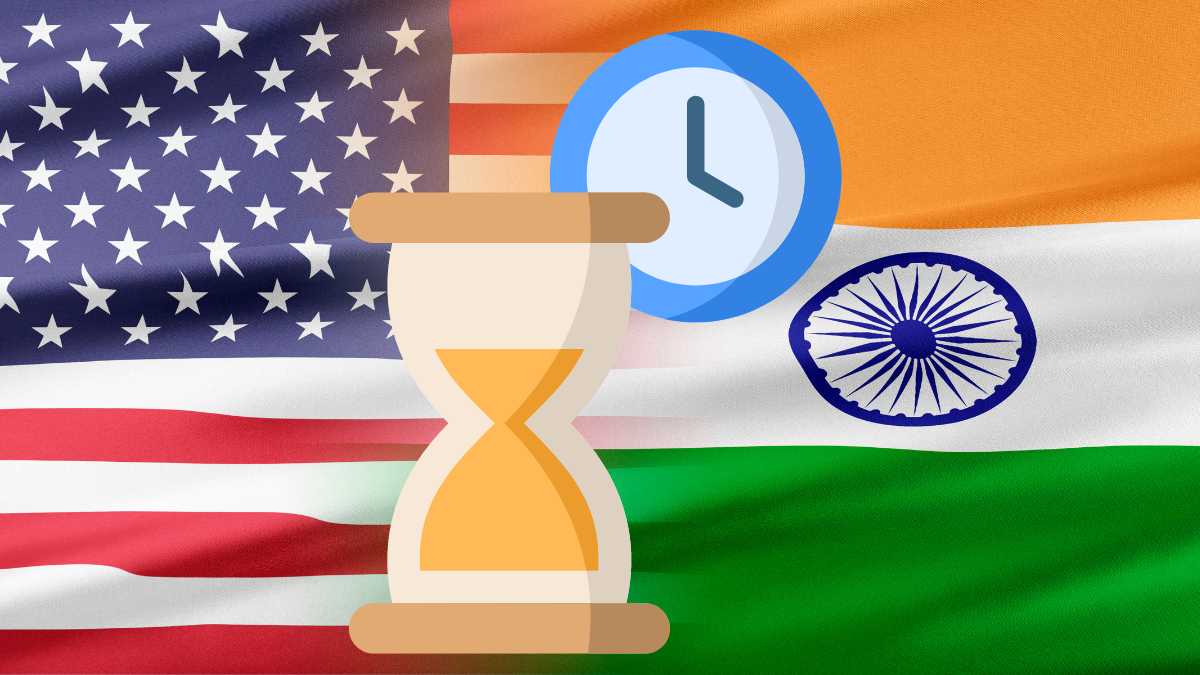India and the United States are working intensively to announce an interim trade agreement before 8 July, as a 26 per cent reciprocal tariff imposed by Washington on Indian goods is set to take effect unless a deal is reached. The additional tariff, introduced by the US on 2 April, has been temporarily suspended for 90 days, providing both nations a narrow window to resolve key trade differences.
Commerce and Industry Minister Piyush Goyal is currently in Washington, leading negotiations with US Trade Representative Jamieson Greer and Commerce Secretary Howard Lutnick. Discussions have focused on securing a full exemption for Indian exports from both the 26 per cent additional tariff and the existing 10 per cent baseline US duty. Indian officials have indicated that the interim pact is expected to cover goods, non-tariff barriers, and select services such as digital trade.
India is pushing for greater market access for its labour-intensive sectors, including textiles, leather, gems and jewellery, garments, plastics, chemicals, and agricultural products. In return, New Delhi may consider offering concessions such as minimum import prices or quotas to protect sensitive domestic sectors like agriculture and dairy.
The negotiations are being conducted in phases. The first phase, targeted for completion before the 8 July deadline, aims to deliver early mutual gains and prevent the imposition of the steep US tariffs on Indian goods. Both sides have also agreed to continue talks with the goal of finalising a broader bilateral trade agreement by the autumn, with a long-term vision of more than doubling bilateral trade to 500 billion US dollars by 2030.
The US administration retains the authority to remove the reciprocal tariffs on Indian goods, while any move to lower tariffs below most-favoured nation rates would require congressional approval. The outcome of the current talks will be crucial in shaping the future of India-US trade relations, especially amid ongoing global economic uncertainties.

